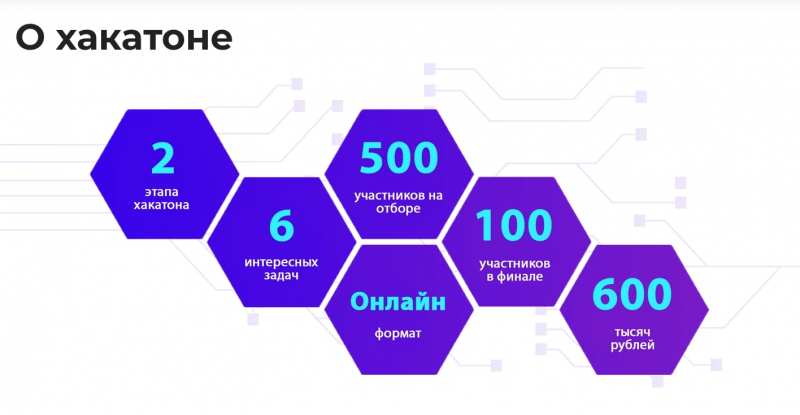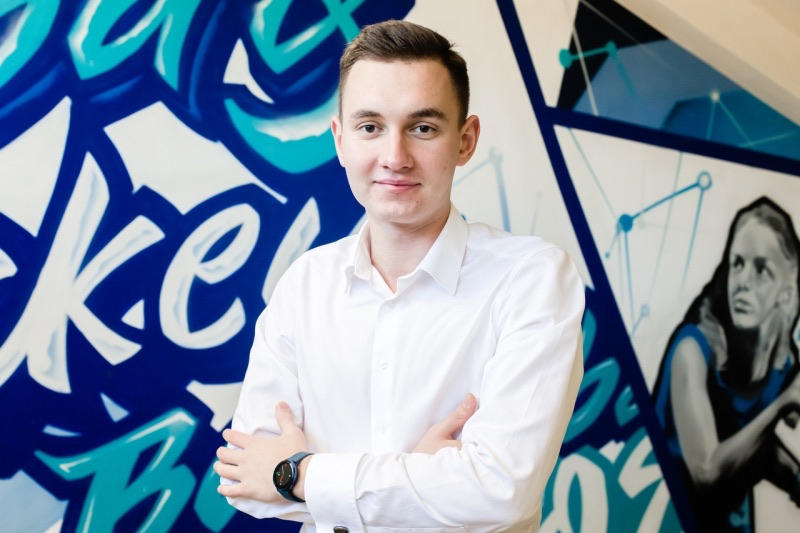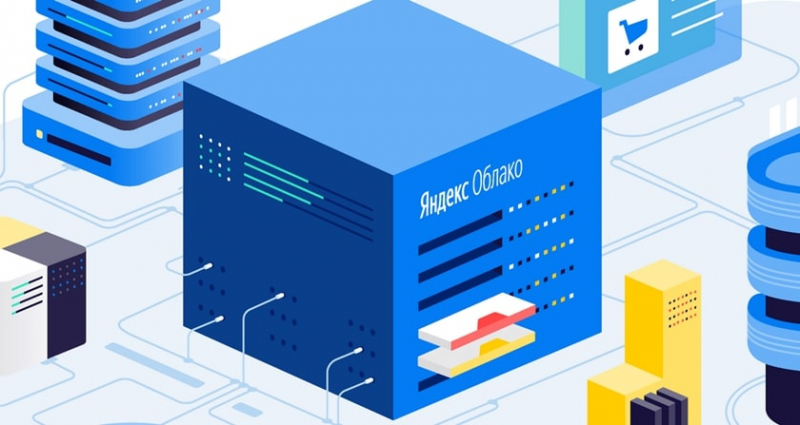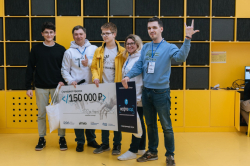The tasks
The hackathon’s practical tasks all share the topic of blockchain, data exchange, and information security. You can read more about each task and the assessment criteria on the event’s website (in Russian).
Innopolis University has provided two tasks:
- Vulnerability analysis of a formally verified distributed ledger system;
- Development of software for automation of vulnerability analysis in distributed ledger systems.
“At this moment, Innopolis University is working on a Russian-made verified distributed ledger system that would meet all domestic security requirements. Based on the results of the hackathon, we’d like to form a set of testing scripts that would assess our system for vulnerabilities,” comments Alexey Dudnichenko, head of the Leading Research Center for Blockchain Technology at Innopolis University.
Gazprom Neft has provided four tasks:
- Ensure intact data transfer between blockchain networks;
- Enable intact data transfer between blockchain networks or different blockchain platforms;
- Develop a smart contract for dynamic discounting;
- Develop an external Oracle construction tool for data transfer from external environments into blockchain networks.
“Our company is studying the potential applications of blockchain technology in various spheres. The Blockchain Technology Center has carried out several studies of the existing blockchain platforms and recognized the need to develop ways for independent blockchain networks to interact with each other. We predict that in the future there will be various blockchain networks, built on various platforms, that will support specific business processes. Any transfer of data from one process into another will require a reliable, secure connection. Our goal is to find the algorithm for such a connection,” says Aleksandr Kalmykov, the head of the Blockchain Technology Center at Gazprom Neft.

He also adds that the company sees blockchain as a medium in which to execute smart contract-based agreements and recognizes the need to ensure transparency and control over mutual transactions made using smart contracts.
“We expect the teams to demonstrate an unconventional approach to solving these tasks; we’ll pay special attention to their development methodologies and how they design their algorithms. The main assessment criterion will be their ability to solve a task as correctly as possible in a short period of time and without any critical errors,” he comments.
Opportunities for winners and participants
According to Kirill Plugin, head of the ITMO.Hack community and organizer of the hackathon, the event’s main goal is to discover solutions and student teams alike.
“Tasks from the oil-and-fuel industry are cases provided by Gazprom Neft. The Innopolis University, another valuable partner of ours, has provided cases centered on blockchain, the main topic of the hackathon. Our colleagues are interested in involving both student teams and teams of accomplished specialists in their projects,” he says.

Teams will be judged by an expert jury. Top participants will get the opportunity to continue their collaboration with Gazprom Neft’s Blockchain Technology Center and Innopolis University. Winners may be invited to work on their projects jointly with the partners, and, in the future – possibly even receive an internship or job offer. As Kirill Plugin tells us, if picking the winner will turn out to be a challenge, the partner companies may invite several teams to work with them after the hackathon’s completion.
Winners will also receive a monetary prize from the hackathon’s prize pool of 600,000 rubles.
“For ITMO students, this is first and foremost an opportunity to test their skills and solutions at Gazprom Neft and in joint projects with Innopolis University – with which ITMO University has a long-standing history of scientific and educational partnership” says Kirill Plugin.
Bonuses from partners
The rest of the hackathon’s media, commercial, and technological partners – Yandex.Cloud, Digital Generation, Waves Enterprise, SPb BlockChain Community, and Energy Club – will also provide bonuses for the best teams.
The company Waves Enterprise are the creators of a corporate blockchain platform – one of the most popular of its kind in Russia. Their hybrid platform for business and government use makes it possible to set up reliable information systems using private and public blockchain technologies.
“The distributed ledger technology market still lacks qualified specialists, and our goal is to foster a great blockchain community in Russia, especially among developers, as well as to popularize the practical application of blockchain. That’s why we at Waves Enterprise are ready to support young developer teams who are interested in distributed ledger technologies. Members of the top team will be invited to take part in a two-day intensive course on developing corporate solutions using blockchain,” says Matvey Voytov, chief marketing officer at Waves Enterprise.

The hackathon’s technological partner is the cloud platform Yandex.Cloud. When solving the tasks, teams will be able to use various infrastructure, data storage and analytics, cloud native, ML, and AI services.
“The Yandex.Cloud team sees great potential in the use of cloud technologies in the educational sphere even today. We believe that working with educational organizations, research laboratories, professors, and students helps develop a new digital educational environment in Russia,” comments Anna Lemyakina, business development lead in the public sector at Yandex.Cloud.
Dates and deadlines
The hackathon will consist of two stages. To take part in the qualifying round, teams will need to sign up on the competition’s website and pick the task they’ll tackle in the final stage. Applications are accepted until November 30.
Before December 1, teams that have completed the sign-up process will receive a test assignment via their personal page. 100 participants (20 teams) will be chosen for participation in the final stage, which will take place on December 12-13.
Keep track of updates on the hackathon by joining its VK page.





